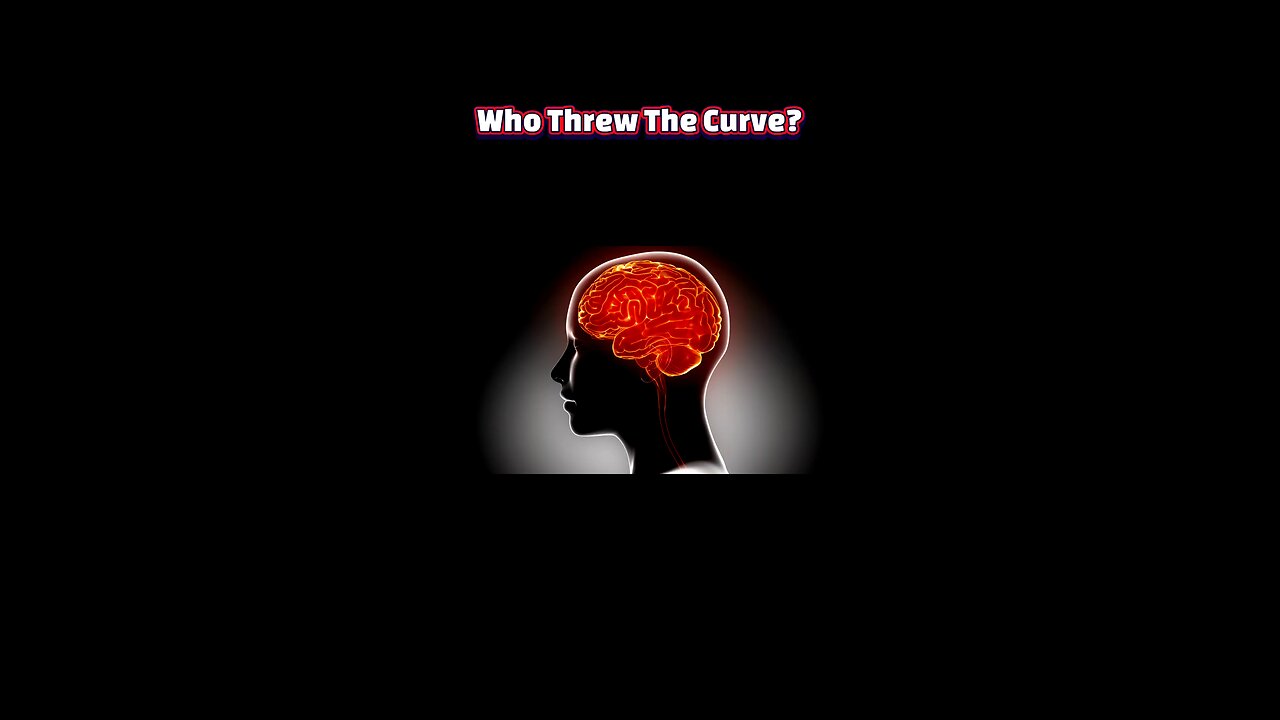Premium Only Content

Brain Reset: Navigating the Journey to a Healthier Mind
#BrainRecovery #AddictionRecovery #Neuroplasticity #MentalHealthMatters #ResetAndRebuild #addicts #addict #drugs
The Brain Under Siege:
Substance abuse disrupts the brain’s reward system through a surge of dopamine, far exceeding what natural pleasures provide. This overwhelming change rewires neural pathways and dulls the brain’s natural ability to feel pleasure from everyday activities.
Neurochemical Overload:
With repeated substance use, the brain learns to expect the unnatural dopamine high, leading it to reduce dopamine receptor sensitivity. This phenomenon, known as tolerance, forces the brain to recalibrate its signaling—a process fundamental to recovering its “normal” functioning.
The First Steps of Recovery:
After cessation, the brain begins a slow journey toward restoration. In the acute withdrawal phase (lasting about one to two weeks), intense cravings and discomfort surface as your body attempts to stabilize without the substance’s artificial input.
Early Abstinence Hope:
Moving into early abstinence (roughly one to three months), many experience gradual improvements in mood and cognitive function. During this time, dopamine begins to edge toward normal levels, though the vulnerability to relapse remains high, making supportive interventions crucial.
Stages of Neurological Rewiring:
Recovery is not instantaneous. Specific brain regions—like the prefrontal cortex, basal ganglia, and amygdala—undergo distinct recovery trajectories. While the prefrontal cortex, responsible for decision-making and impulse control, may take the longest to recover fully, even small improvements can help rebalance behavior over time.
Individual Recovery Timelines:
Recovery timelines vary. Some studies have noted significant brain improvements after only one month of abstinence, with near-normal imaging in cases after 14 months. However, individual factors—such as duration of abuse, substance type, and wellbeing supports—play critical roles in how quickly the brain can recover.
The Promise of Neuroplasticity:
The brain’s remarkable plasticity means that with time and consistent effort, lost neural pathways can be rebuilt. This rewiring process is gradual and involves not just the cessation of substance use, but also behavioral therapies, lifestyle changes, and community support that help replace toxic patterns with healthier ones.
A Journey of Resilience:
While full recovery spans anywhere from months to years, even incremental progress builds a foundation for a healthier, more balanced brain. Embracing patience and persistence, along with professional guidance, can ultimately guide the brain—and the person—to reclaim its natural state of wellbeing.
-
 2:43:57
2:43:57
TimcastIRL
6 hours agoVP Says No Unity With Democrats Celebrating Charlie Kirk Assassination, Left Confirmed | Timcast IRL
262K168 -
 13:45
13:45
The Charlie Kirk Show
5 hours agoTPUSA AT ASU CANDLELIGHT VIGIL
215K65 -
 55:10
55:10
Katie Miller Pod
5 hours ago $9.09 earnedEpisode 6 - Attorney General Pam Bondi | The Katie Miller Podcast
78.8K22 -
 1:46:41
1:46:41
Man in America
10 hours agoLIVE: Assassin Story DOESN'T ADD UP! What Are They HIDING From Us?? | LET'S TALK
61.3K81 -
 2:24:17
2:24:17
Barry Cunningham
6 hours agoFOR PRESIDENT TRUMP WILL TAKE NO PRISONERS AND THE LIBS SHOULD EXPECT NO MERCY!
99K62 -
 1:08:41
1:08:41
Savanah Hernandez
7 hours agoCharlie Kirk Was Our Bridge And The Left Burned It
51.8K48 -
 1:59:01
1:59:01
Flyover Conservatives
9 hours agoFinancial Web Behind Charlie Kirk's Murder with Mel K | Silver On It's Way to $50 | FOC Show
63.4K4 -
 2:36:19
2:36:19
We Like Shooting
18 hours ago $1.12 earnedWe Like Shooting 628 (Gun Podcast)
41.9K -
 1:09:26
1:09:26
Glenn Greenwald
9 hours agoTrump's Shifting Immigration and H-1B Policies: With Journalist Lee Fang and Political Science Professor Ron Hira | SYSTEM UPDATE #515
175K40 -
 13:09:23
13:09:23
LFA TV
1 day agoLFA TV ALL DAY STREAM - MONDAY 9/15/25
261K65